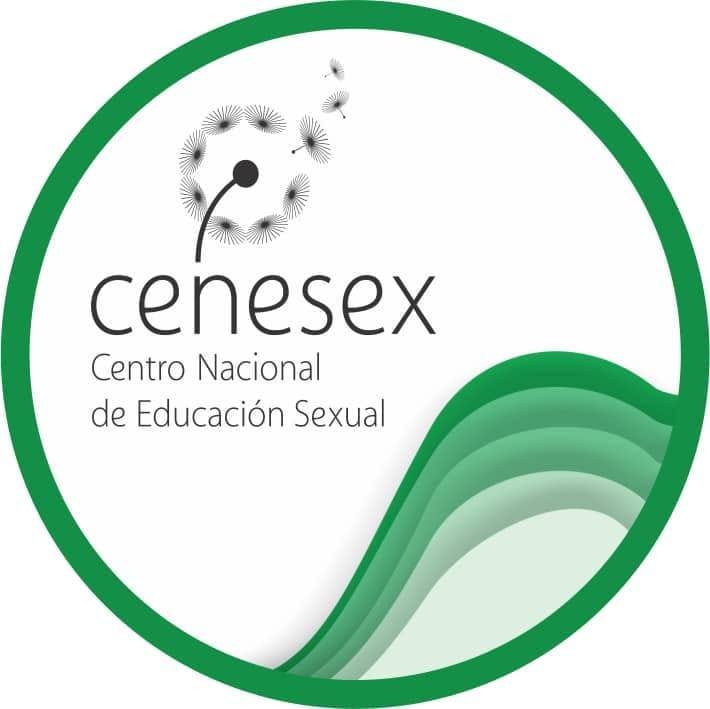
| 31 March 2016
Associação Guineense para o Bem Estar Familiar
Guinea-Bissau is one tenth the size of its neighbour Guinea-Conakry, but its people suffer equally distressing sexual and reproductive health (SRH) problems. The Associação Guineense para o Bem Estar Familiar was established in 1993 to address the major issue in family planning: equipping couples to make active, informed choices about the number of children they would have, and when they would have them. Since then, the Member Association’s work has expanded to embrace a full range of SRH concerns. It provides young people with information, education and communication (IEC) and behaviour change communication (BCC) around sexual and reproductive health; it works on the prevention, diagnosis and management of sexually transmitted infections (STIs) includind HIV; it provides post-abortion care and support; it provides care for victims of gender-based violence (GBV); and it advocates strongly at government level for legislation to prevent GBV. Associação Guineense para o Bem Estar Familiar achieved these results through a small but committed team that operate over hundred service points, including static clinics and community-based service points. Despite the relatively small size of the organization, it is growing rapidly with strong central support from IPPF, influential government partnerships, and backing from non-governmental organizations including UNFPA.

| 19 January 2024
Centro Nacional de Educación Sexual (CENESEX) - Cuba
The National Center for Sex Education (CENESEX) is a teaching, research and assistance institution in the area of sexualities. CENESEX was founded on December 28, 1988, when the first resolution on the creation of the institution was issued. Later, other legal norms have specified its social purpose. It was created as an institution of the Ministry of Public Health (MINSAP), but it is the result of the institutionalization process of a previous experience, that of the National Working Group on Sex Education (GNTES), which was created in 1972 at the initiative of Vilma Espín as president of the Federation of Cuban Women (FMC), and whose main objective was to develop and monitor the implementation of the National Sex Education Program. Open to scientific research, exchange of experiences and dialogue of knowledge, CENESEX has professionals of recognized prestige from different scientific disciplines that address, with a comprehensive approach, the study of sexualities. Twitter Instagram







